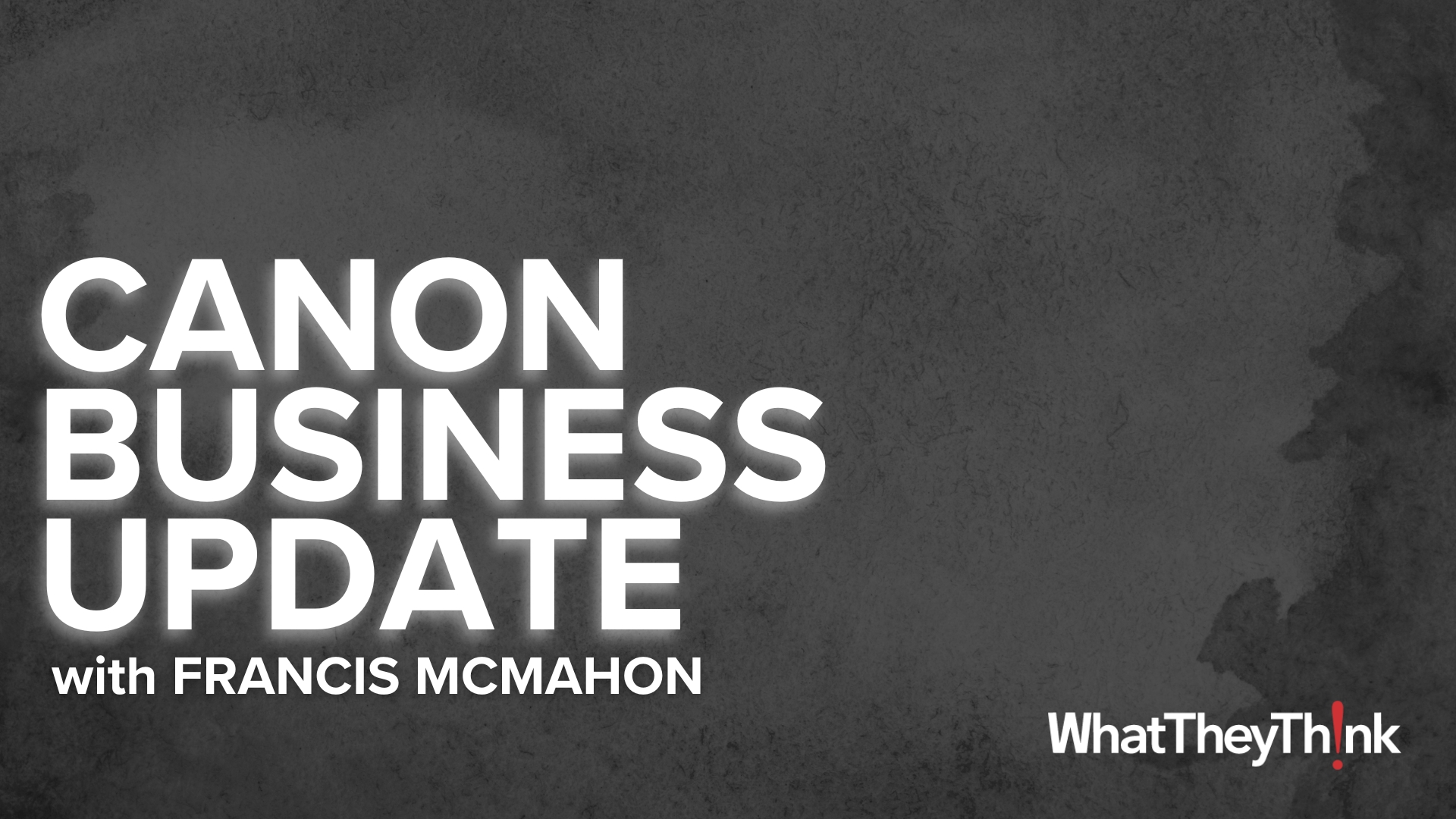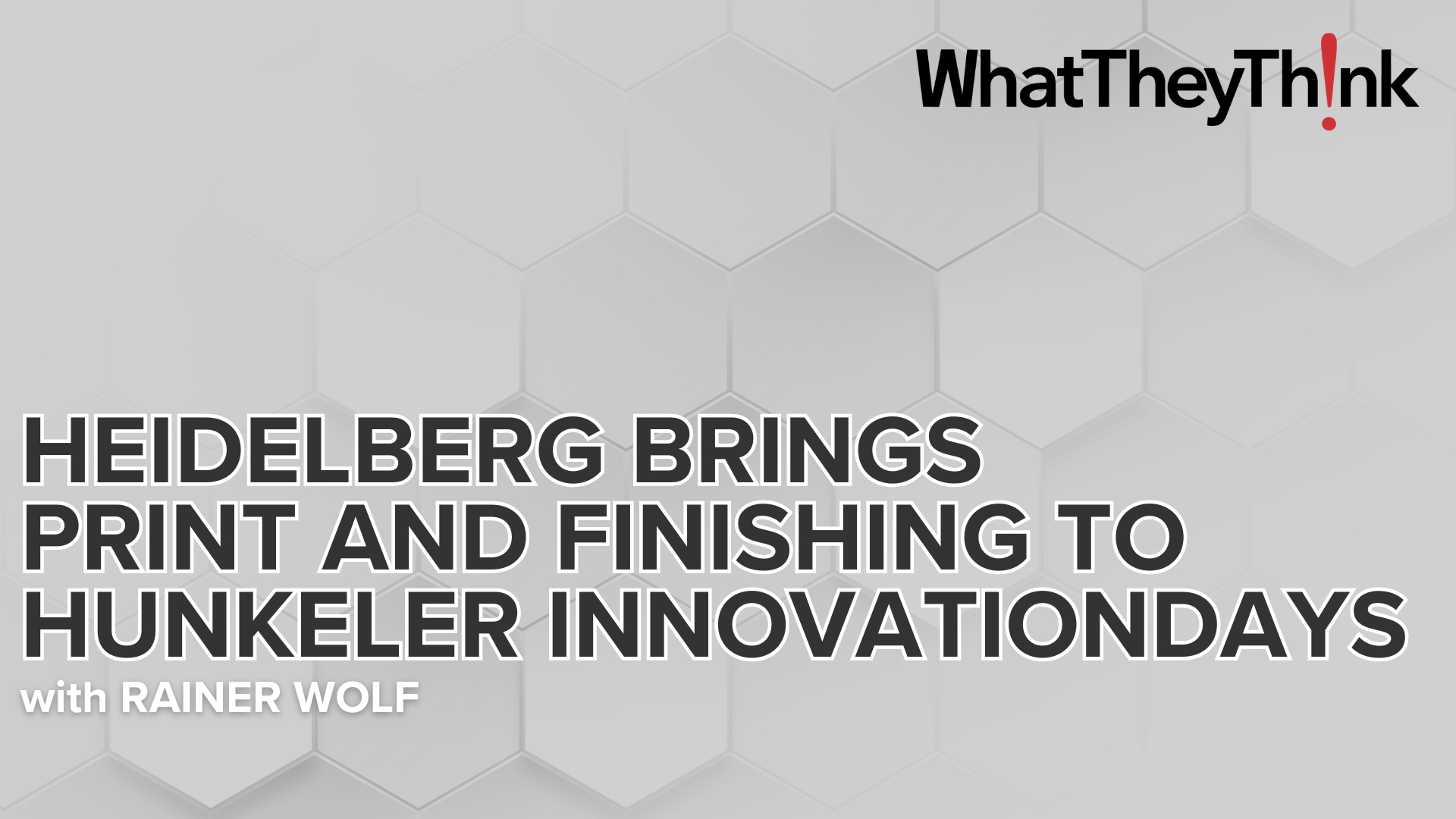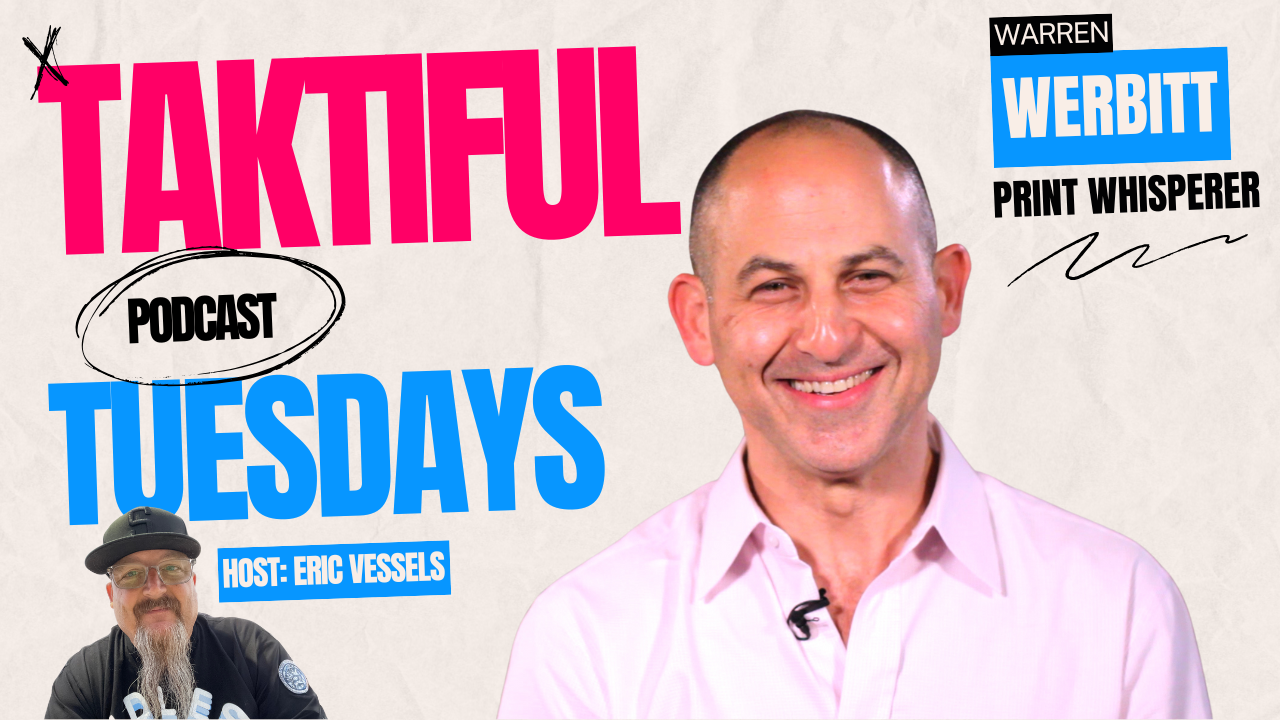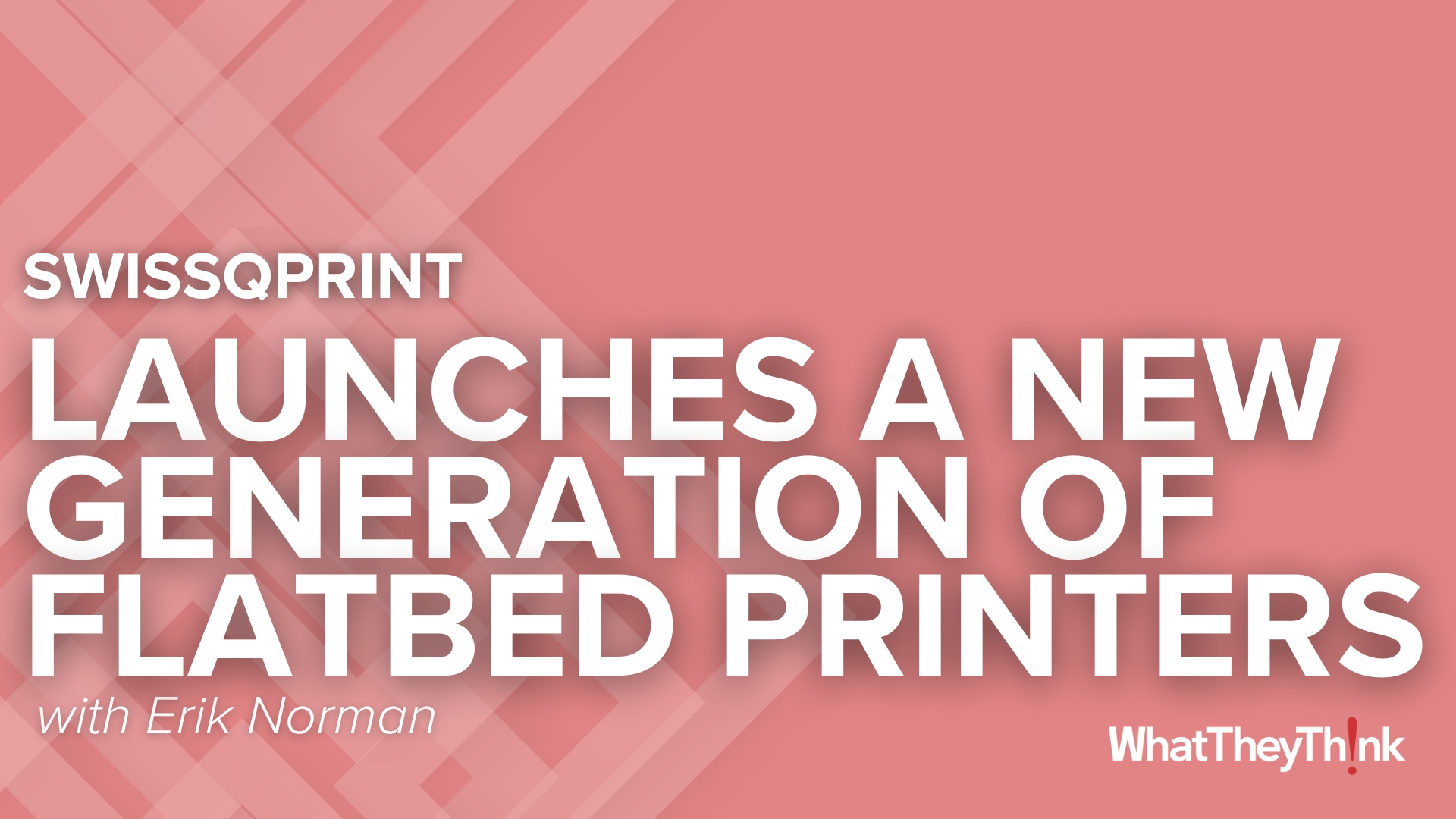EPR Illustrative Fees Revealed: PHD Calls for United Packaging Industry Response
Press release from the issuing company
The UK Government's release of illustrative base fees for Extended Producer Responsibility (EPR) on 15th August marks an important moment for the packaging industry ahead of the scheme’s planned implementation in 2025.
While providing more much-needed clarity, the estimated figures underline the complexity of the road ahead, and call for a united industry response, says B2B print and packaging communications specialist, PHD Marketing.
Joanna Stephenson, Managing Director at PHD Marketing and established packaging industry figure, explains: "Extended Producer Responsibility, or EPR, represents a significant shift in how we approach packaging waste. It's designed to make packaging producers financially responsible for the full lifecycle of their products - from collection and sorting to treatment and recycling. Large organisations have been reporting EPR packaging data since 2023, with financial obligations set to begin in 2025. These newly released illustrative base fees give us our first real glimpse into what those financial obligations might look like, and they're certainly thought-provoking.
While EPR aims to drive sustainability, we must recognise that our industry has already been making significant strides in this direction. The plastics sector, for instance, has been innovating rapidly in recyclability and lightweighting, as have other material sectors. It's crucial to remember that there's no 'perfect' packaging material – if there were, we'd all be using it. Each material has its own sustainability profile and optimal applications. Our concern is that by focusing heavily on recycling and recyclability, EPR might inadvertently neglect the upper tiers of the waste hierarchy – reduction and reuse. We need to ensure that this legislation doesn't just address end-of-life concerns but encourages holistic, lifecycle-based packaging design and material selection.
The range of fees – from £130 to £655 per tonne – reflects the intricate nature of our diverse sector. It also further illustrates why the EPR boundaries must be thoughtfully considered. Let's be clear: these figures are not set in stone. They're a starting point for dialogue, not a finish line. Our industry has always been characterised by its resilience, creativity, and adaptability. Now, more than ever, we need to harness these qualities. Consider the implications for different materials. Paper and board, the backbone of so much of our industry, faces fees between £185 and £350 per tonne. This variation alone demonstrates the need for careful scrutiny and industry-wide input. For plastic, another crucial material, the range of £355 to £610 per tonne could reshape entire business models, so we mustn’t underestimate the impact this will have.
The modulation of fees from 2026 presents both challenges and opportunities. It's a call to innovation – something our industry has always excelled at. We need to be strategising now on how to adapt our offerings, not just to align with lower fee brackets, but to push the boundaries of sustainable packaging solutions. However, it’s still uncharted territory and there's still so much we don't know about EPR's impact. That’s something that becomes very clear when we talk to our clients and peers across the packaging market. How will these fees affect small and medium-sized enterprises? What about the implications for different packaging formats? How will this interact with the upcoming Deposit Return Scheme? These are questions we need to collectively address. So, while the release of illustrative fees is welcome, there’s still a lot more conversation needed.
With EPR expected pull in more than a billion pounds through 2025, it's crucial that these funds drive real and meaningful improvements in recycling infrastructure and foster a circular economy. But we, as an industry and the experts at the coalface, must have a say in how this is implemented. This is a rallying cry to our sector. We've always been problem-solvers, innovators and pioneers. Now, we need to be united too. It's time for importers, manufacturers, converters and brand owners to come together and engage proactively with policymakers, share knowledge that only we have, and collectively shape the future of our industry.
The packaging sector has faced challenges before – from shifting consumer preferences to increasing environmental pressures. Each time, we've not just adapted; we've evolved and improved. EPR is our next big challenge, but it's also an opportunity to showcase our industry's ingenuity and commitment to sustainability. We’re fortunate to see this first-hand at PHD Marketing. Our clientele includes some of the biggest names in print and packaging, so we’re privy to material and process innovations that are truly game-changing.
We’re at the EPR starting point, not the finish line. As the change looms ever closer, packaging businesses can’t afford to stand aside or ‘wait and see’. We see a lot of businesses worrying about attracting high costs, but now’s the time to innovate to align with lower fee brackets and drive industry-wide performance improvement. Our industry is highly capable and I'm confident that together, we can turn this challenge into an opportunity for accelerated growth and innovation."
To learn more about PHD Marketing and its services, please visit www.phdmarketing.co.uk
© 2025 WhatTheyThink. All Rights Reserved.













